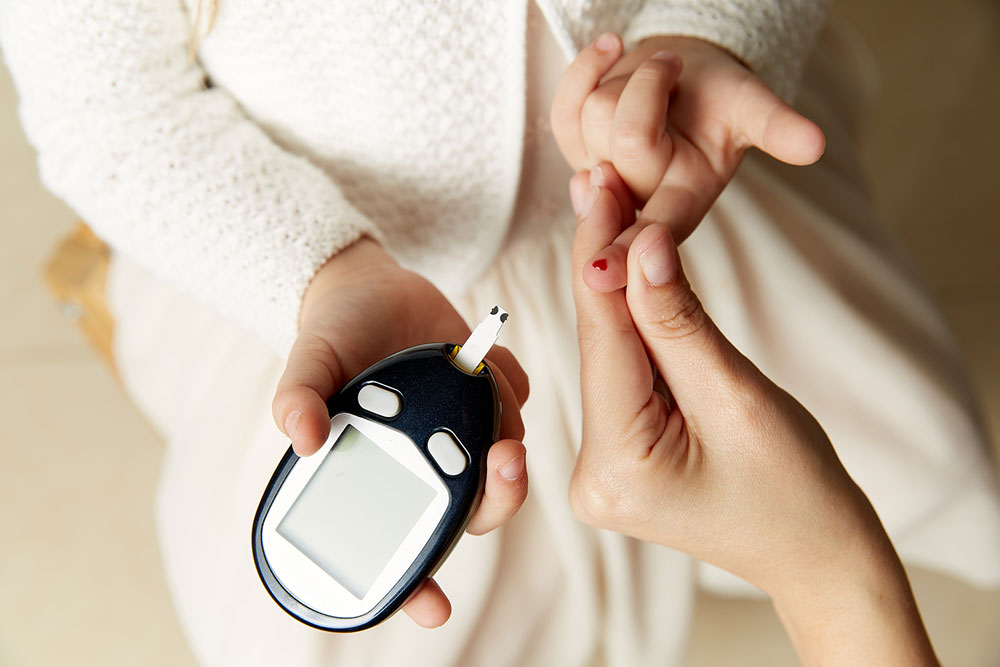What Are the Normal Blood Sugar Levels
Who does not enjoy some sugary treats from time to time? A lot of people talk about having a sweet tooth. It is not always related to a preference for chocolates or sweets. Some people are habituated to eating something sweet after a filling meal, while others munch on candy to kill time. Today, almost all foods have some amount of sugar in them. Having a sweet tooth is not bad, but when it affects your health, you need to take it seriously.

Diabetes in the country
Today, a large number of people in the country have diabetes. According to a report published by the Centers for Disease Control and Prevention, more than 100 million Americans have diabetes or prediabetes. Approximately 30 million citizens, i.e., 9.4% of the total population suffers from diabetes, and approximately 84.1 million citizens have prediabetes. If prediabetic patients do not treat this condition, they will go on to develop the disease within five years. This is a grave illness and reports suggests that the number of patients will rise steadily over time. Diabetes is the seventh leading cause of death in the country, and this number is only expected to rise with time. Some areas of the country have a higher rate of mortality than others, while other areas are affected on a larger basis. How do you know whether you have this condition? What are normal blood sugar levels? Check out the following pointers to find the answers to all of these questions:
Normal blood sugar ranges
You may never know if you have diabetes or are in the prediabetes stage if you do not take frequent tests. You need to be aware of the normal blood sugar range to determine whether you have this condition. In today’s age, most of us consume processed food and follow unhealthy diets. So, it is better to get tested in advance to be safe. Knowledge of the normal blood sugar range is the key to managing diabetes by yourself. The levels of blood sugar will vary for people with type 1 diabetes and type 2 diabetes. People who do not have diabetes will have a normal blood sugar range. It is vital to know about these ranges so that you can test your blood sugar levels at home on your own. These figures will also help you discuss your condition with a doctor. Let’s have a look at the normal blood sugar ranges:
You need to test your blood sugar ranges before and after a meal.
For non-diabetic patients, the normal range before a meal is 4.0 to 5.9 mmol/L. This figure changes slightly after taking a meal, and the permissible level for non-diabetic patients is under 7.8 mmol/L.
Type 2 diabetes is the most common form of this disease. Several people in the country have this disease. People with type 2 diabetes must have a blood sugar range of 4 to 7 mmol/L before taking a meal, and less than 8.5 mmol/L after taking a meal.
Type 1 diabetes is another form of the disease which adversely affects the health of patients. The normal range of blood sugar levels of type 1 diabetes patients is 5 to 7 mmol/L. Patients’ blood sugar level should be between 4 to 7 mmol/L before a meal, and in the range of 5 to 9 mmol/L after consuming a meal.
Children with type 1 diabetes have a slightly different permissible range. The normal blood sugar levels upon waking up should be between 4 to 7 mmol/L. The range is the same before meals, while it increases to 5 to 9 mmol/L after a meal.
So, the next time you test your blood sugar levels, keep these ranges in mind. If your levels are higher than usual, consult a doctor as soon as possible.
Why it is important to maintain a normal blood sugar range?
One should not take diabetes lightly. Patients must protect themselves from the side effects of this condition by maintaining a normal blood sugar range. It is vital to control the intake of sugar as excessive intake over long durations can lead to several health complications such as kidney disease, stroke, heart disease, retinal disease, and nerve damage. You can control this condition by making some adjustments to your diet. In this way, you can avoid complications related to diabetes as well. Small improvements in your lifestyle can make a difference in improving and maintaining your overall health.




